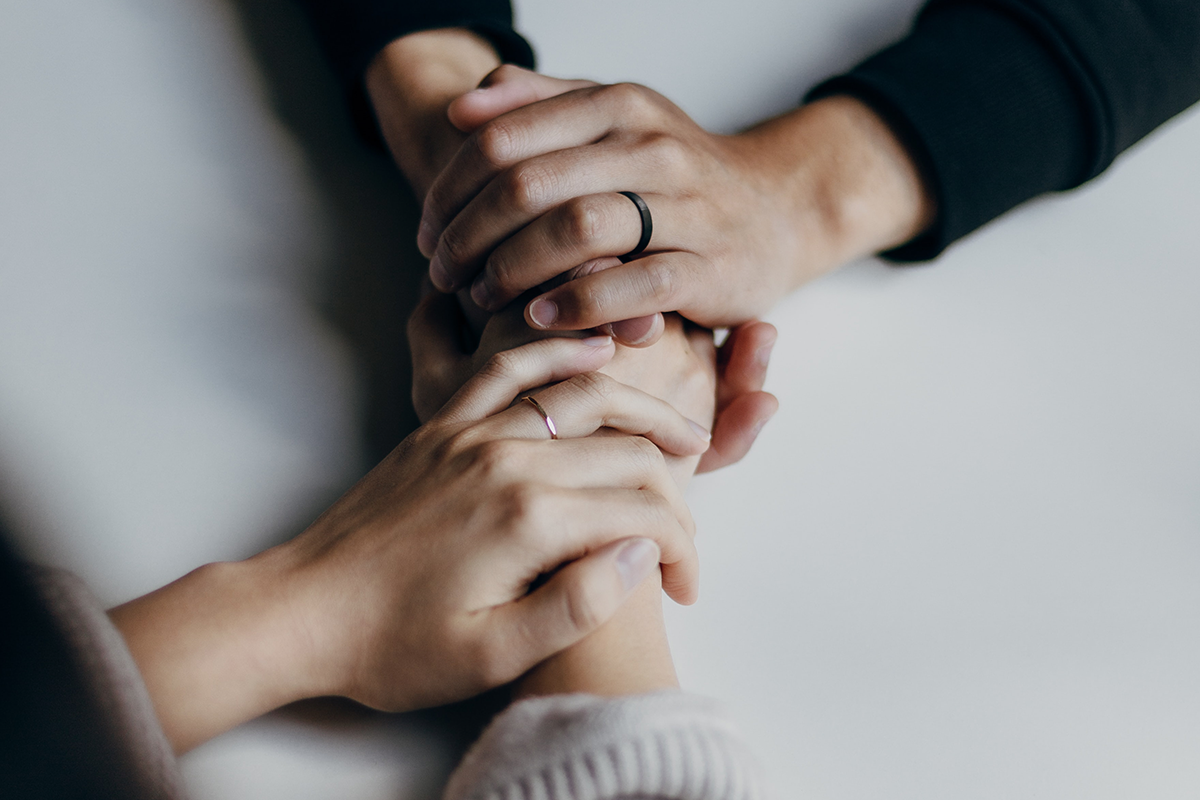Recovery from a substance use disorder or alcohol and other drug-related problems can be an arduous journey. Having appropriate supports can be an essential part of the recovery process.
Recovery support includes a broad range of non-clinical services that assist people and their families in maintaining long-term recovery from substance use disorders. Peer Support Specialists are individuals who specialize in recovery support. Their role is to support peers in their recovery, and they can act as a role model, mentor, and advocate.
Recovery support can include:
Culturally Appropriate Services
The lack of culturally appropriate services is one of the many reasons those who seek recovery may be fearful of health care professionals. Cultural understanding and respectful care is essential in providing care to those seeking SUD treatment from diverse backgrounds. Professionals that are culturally competent and promote an inclusive environment are better able to provide respectful care to minority communities.
Legal, Social, And Other Services
Recovery support services also provide people and their families with legal, social, and other services. These can include employment training, help finding stable housing, enrollment in social service programs, transportation, grocery shopping, and other life skills. Often times, people in early recovery have to re-learn some of these skills, and having people that can help them learn and integrate them into their daily life can help them set up a routine and establish independence.
Healthy Living
While recovering, it’s essential for patients to maintain a healthy diet. A good diet aids in physical recovery by giving the body the nutrients it needs. Peer support specialists, along with other professionals like nutritionists, can help patients create a healthy eating plan and encourage them every step of the way.
Community Support
Without community support, recovery can be even more challenging—especially with the stigmas and pre-conceived notions that can surround substance use disorder. PreventEd and our partner organizations work hard to promote communities that are supportive, educated, and spread solutions. Community support can be fellowship and mutual support programs, local community coalitions, and other support groups. It could also come in the form of peer support specialists. They have lived experience with substance use disorder and recovery, and can use that lived experience to provide guidance and support for others in their recovery journey
PreventEd Resources
PreventEd provides individuals and their families with the resources they need to begin their recovery journey. We can give you an objective, professional assessment and referrals to resources that match your circumstance, needs, and situation.
